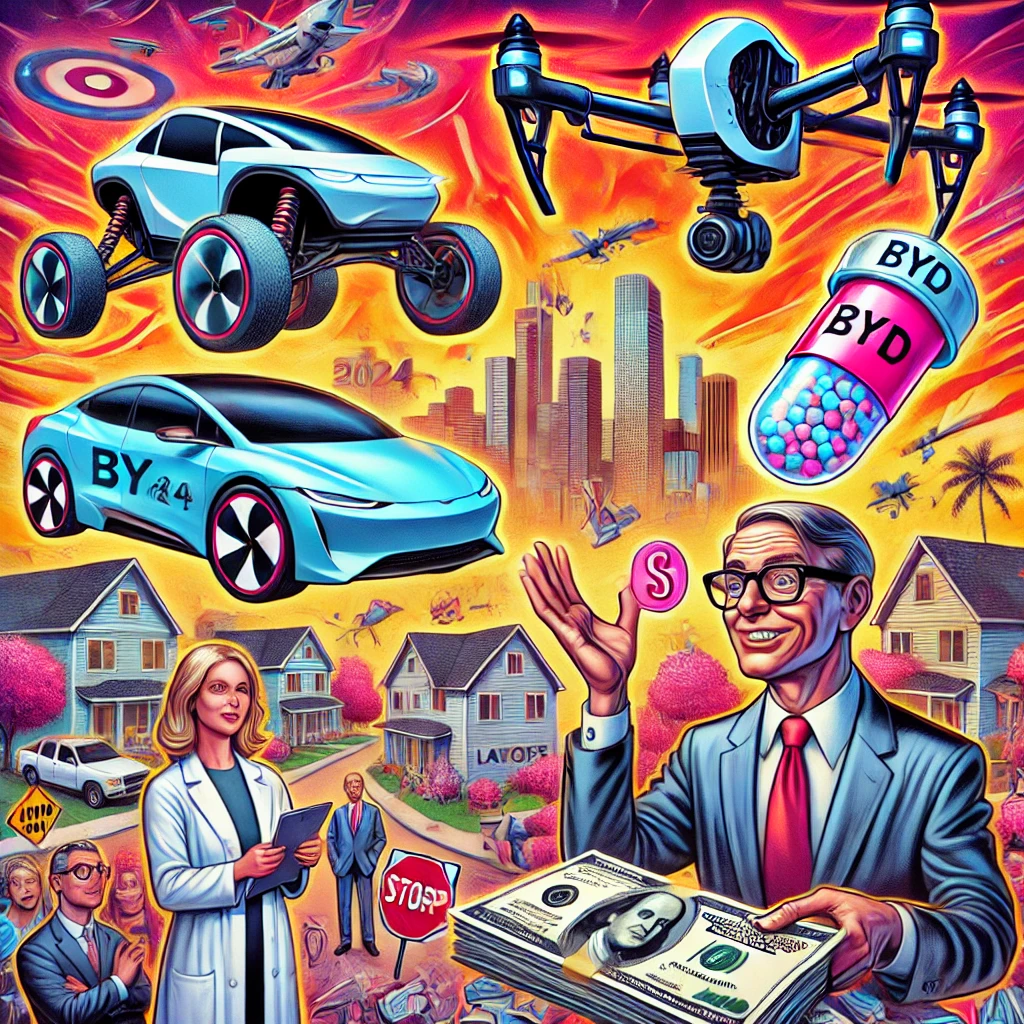Well, well, well, America, here we are standing in a puddle of our own hypocrisy, scratching our heads, and pretending we don’t smell it. Let’s talk about the Department of Labor’s latest move to phase out the subminimum wage for disabled workers. Yes, you heard that right. It took us until 2024 to figure out that paying someone two bucks an hour to do work we wouldn’t dream of doing ourselves is a bad look.
And who’s behind this revolutionary idea? Joe Biden. The same Joe Biden who we’ve all collectively decided is either a misunderstood grandpa or the living embodiment of a Werther’s Original. But credit where credit’s due—this move actually makes sense. Which is terrifying, because if Washington starts making sense, we’re going to run out of things to complain about.
Let’s break it down, shall we? For decades, employers have been legally allowed to pay disabled workers literal peanuts, thanks to a relic of a law from the Great Depression. Oh, the irony of using a policy from the 1930s, a time when people thought cigarettes were medicine, to guide modern labor practices. What’s next? Are we bringing back leeches as a health plan?
The logic behind the subminimum wage was that it provided opportunities for disabled workers who might otherwise be unemployed. Oh, opportunities, you say? Opportunities like spending hours sorting recycling for less than what it costs to buy a cup of coffee? Wow, what a gift. It’s like saying, Here, have a participation trophy, but we’re charging you for the engraving.
But wait, there’s more! The critics of this move—because, of course, there are critics—are clutching their pearls and warning us about the job losses. Apparently, if we can’t exploit workers, businesses might stop hiring them altogether. Oh no, how ever will we survive in a world where businesses have to pay all their workers a fair wage? Maybe we’ll finally have to confront the fact that the real problem isn’t disabled workers asking for a living wage—it’s corporations acting like paying their employees is an optional hobby.
Here’s the kicker: we’ve already seen this system phased out in some states, and guess what? The sky didn’t fall. The sun still rose. And those workers? They found better jobs with better pay. Shocking, right? It’s almost as if treating people with dignity actually works. But sure, let’s keep pretending that paying someone 50 cents an hour to assemble widgets is the best we can do, because capitalism.
And let’s talk about the optics here. We’re a country that loves to pat itself on the back for being the land of opportunity. We have parades for everything—freedom, independence, fireworks, you name it. But when it comes to actually giving disabled workers a fair shot? Suddenly, it’s crickets. If we can spend billions bailing out banks that gamble away our mortgages, we can afford to pay someone with a disability enough to buy a sandwich without needing a GoFundMe.
The most maddening part? This isn’t even radical. This isn’t socialism or some left-wing fever dream. It’s basic human decency wrapped in a government-issued memo. But we’re so used to setting the bar on the floor that when someone suggests we raise it even an inch, half the country loses its mind. What’s next? Are we going to let these people have healthcare, too? Calm down, Karen, no one’s coming for your yacht.
Look, I get it. Change is hard. It’s uncomfortable. It makes people squirm. But you know what else is uncomfortable? Living in a society where we talk about equality and opportunity but don’t actually mean it. We’ve got billionaires launching themselves into space for fun while disabled workers are still fighting for the right to earn a wage that doesn’t qualify as an insult. If that doesn’t make you want to set your hair on fire, I don’t know what will.
So here we are, folks, at a crossroads. Do we continue to cling to an outdated system that values profit over people, or do we grow a collective spine and do the right thing? The choice seems obvious, but then again, this is America. The land where obvious choices go to die.



